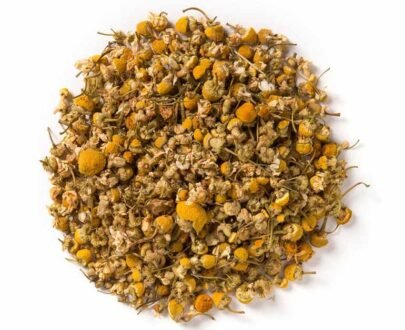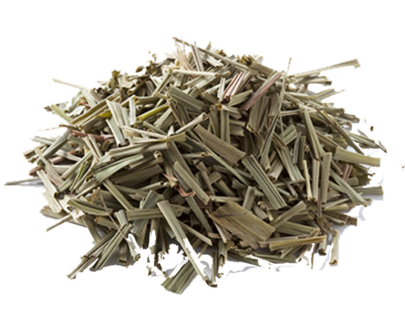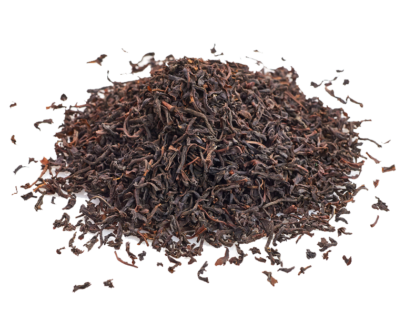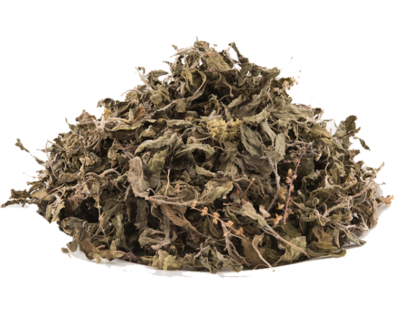Tea is produced by steeping the young leaves and leaf buds of the tea plant, Camellia sinensis in fresh boiled water. Two principal varieties are used, the small-leaved China plant (C. sinensis sinensis) and the big-leaved Assam plant (C. sinensis assamica). Hybrids of these two varieties are also grown.
The best-known composition of tea is caffeine, which gives the beverage its restorative character but contributes only a little to hue, flavor, and aroma. About 4 percent of the solids in fresh leaf is caffeine, and one teacup of tea holds 60 to 90 milligrams of caffeine. The most significant chemicals in tea are the tannins or polyphenol that is colorless, bitter in taste, substances that give the drink its sharp control.









